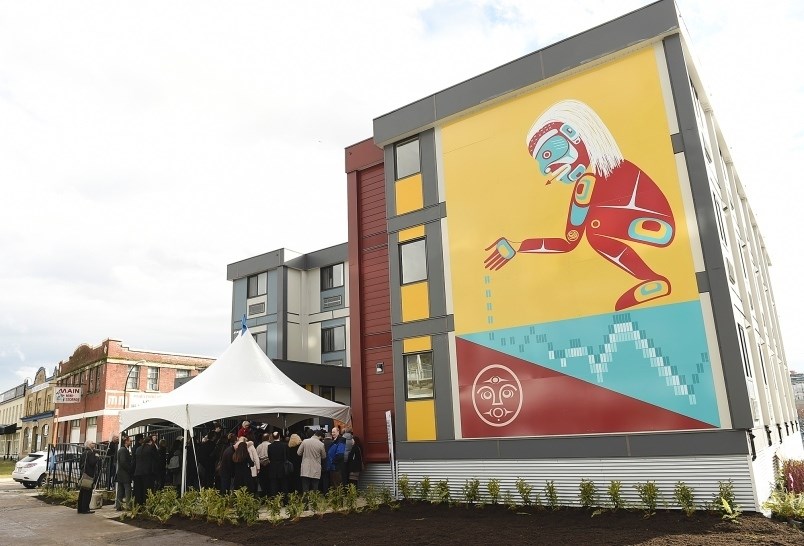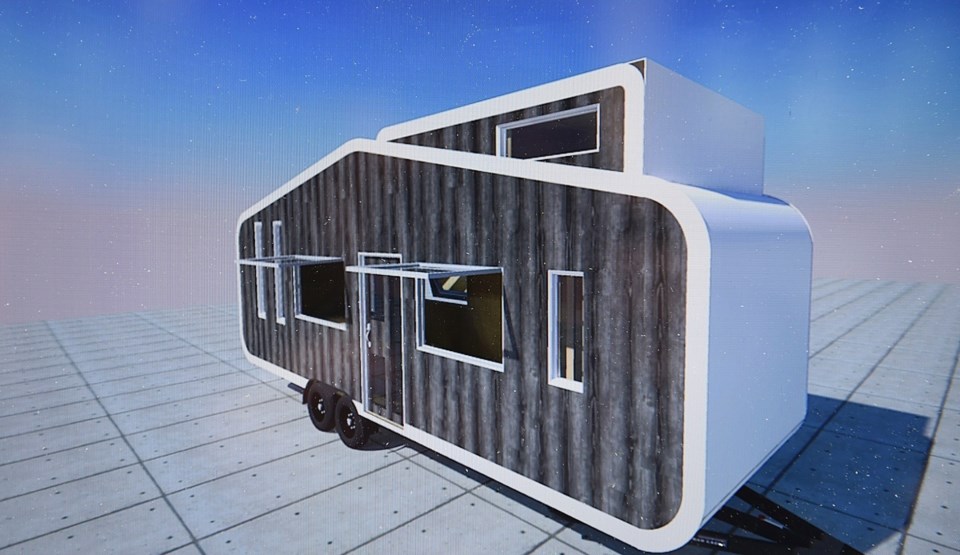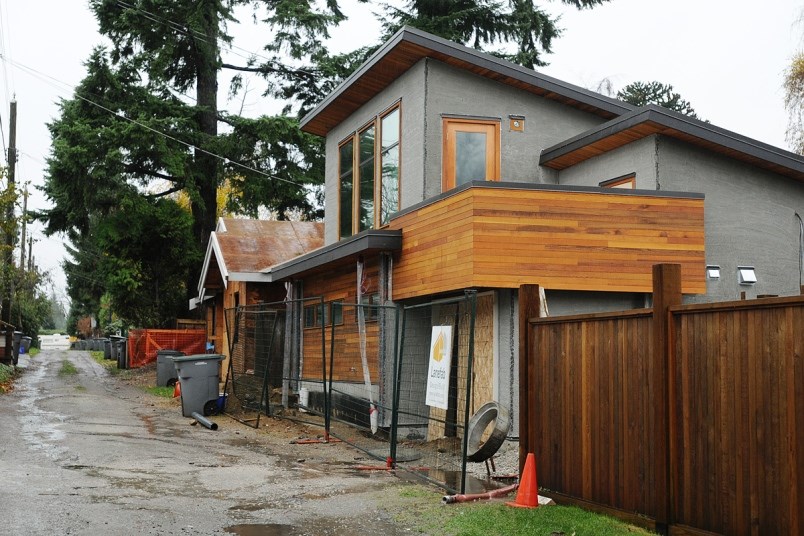The City of Vancouver has announced new plans to address the housing affordability crisis in Vancouver, including potentially legalizing alternative forms of housing to increase stock and cool down demand.
“I am hearing loud and clear that affordability remains residents’ top concern,” said Mayor Gregor Robertson in a July 20 release. “Vancouver has a plan to deliver housing that meets local residents’ needs and incomes while upholding the principle that no one should spend more than 30 per cent of their income on their home.”
Incentives to densify with coach houses and stratified units are being proposed for pre-1940s character homes across Vancouver, including Arbutus Ridge, Dunbar and Kerrisdale, where coach houses and other stratified housing are not currently allowed in single-family neighbourhoods.
The single-family neighbourhoods of Mount Pleasant and Grandview-Woodland could also see incentives to build rental laneway homes and bump up the number of housing units per lot.
Income vs. cost vs. availability
Over 10,000 residents and non-residents identified housing affordability as their top priority in a recent city-administered survey on emerging housing priorities – conducted from May 26 to June 23. The majority of homeowners identified townhouses, row houses and duplexes as what they are looking for in their next move, the online survey reveals, while renters put low-rise apartments as their top choice.
According to the Metro Vancouver Housing Data Book, revised in July this year, the number of Metro Vancouver households that pay more than 30 per cent of their pre-tax income on housing and/or live in “inadequate” conditions grew from 122,280 in 2001 to 144,720 in 2011. Fifty-nine per cent of those were renters and 41 per cent were homeowners.
There were also 62,355 households in 2011 that spent at least half of their incomes on shelter. These households are considered to have “dire housing circumstances,” the report states, and to be “households at risk of homelessness.”

A lack of available rental housing is partly behind high rental prices. Vacancy rates for purpose-built apartments in metropolitan Vancouver shrunk to 0.7 per cent in 2016 from 0.8 per cent in 2015, according to
Canada Mortgage and Housing Corporation statistics. Proposed restrictions on short-term rentals, such as Airbnb, could inject over 1,000 long-term rental units back into the market, but the city is also looking at duplexes, coach homes, laneway houses and other infill options, as well as the Empty Homes Tax, to address the high level of demand.
Tiny housing
In March, council directed staff to “review other housing forms, including tiny homes and collective housing,” according to a statement from the City of Vancouver.
The BC Tiny House Collective – a volunteer initiative seeking to “legalize and legitimize tiny houses” – defines tiny houses as detached or semi-attached single housing units of less than 500 square feet that are either on wheels or a temporary or permanent foundation. Like larger homes, they include all the basic amenities, such as a kitchen, washroom and sleeping area.
BC Tiny House Collective co-founder Samantha Gambling says her customized tiny home, manufactured by a company based in North Vancouver, cost her $76,000 and counting, including the trailer beds, labour and transportation fees.
“I don’t make a lot of money, and because I’m contract-based, my income varies every month. So I couldn’t afford to live in Vancouver and work,” says the UBC land and food systems master’s graduate, who also works in sustainable agriculture and the nonprofit sector. “Tiny houses are a way to be more economically stable.”

It is currently illegal to live in a tiny house in Vancouver, which is why Gambling and the BC Tiny House Collective are in talks with city staff about changing bylaws and putting in place the necessary infrastructure – such as water, sewage and electrical hookups – tiny houses would need to be viable.
For Gambling, her tiny house – made with recycled materials and outfitted with a composting toilet – is a ticket to homeownership in one of the most expensive housing markets in the world. Until it’s legalized, she’ll continue to work at two part-time jobs while her house remains vacant and parked in a friend’s backyard.



